Graham Reid | | 3 min read
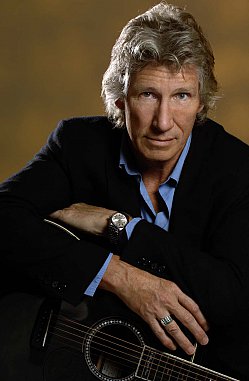
The death last year of 60-year old Syd Barrett—founder member of Pink Floyd and the world’s most famous acid casualty—saw a great outpouring of essays and obituaries, all hailing his genius.
Yet Barrett—who had lived in his mother’s house for almost 40 years as a bald, overweight recluse—had little to do with the Pink Floyd most people know; the band which created rock masterpieces such as The Dark Side of the Moon and The Wall.
Barrett was in the group for fewer than three years from 1965, the final period of which they carried him as he unravelled emotionally.
Towards the end, the band of Roger Waters, Nick Mason and Richard Wright brought in guitarist David Gilmour to cover for Barrett’s shortcomings. In March 1968, they announce Barrett was out.
So this so-called genius, a cult figure whose two solo albums are more spoken about than listened to, may have only been a marginal figure in Pink Floyd’s career?
Waters—due in New Zealand on his The Dark Side of the Moon Live tour—agrees, but then qualifies it by giving credit to his old school chum with whom he founded Pink Floyd.
“Yes, it was a short time, but it was fundamentally important. When you are a young pop group there are all those thousands of kids who play in garages and eventually give up and go and get a proper job. Often they do that because there is nothing which sets them apart from all the other thousands doing the same.
“To give Syd credit, it was his imagination that set us apart from the others in that first incarnation. Maybe to some extent I was the driving force, but there is no question he provided that different creative spark which got us noticed. It never would have happened without him.
“But once we’d got our greasy mitts on the third rung of the ladder we were capable of achieving things without Syd, bless ‘im.”
What Pink Floyd achieved in the years between Barrett’s departure and that of Waters in 1985 is written in the history books: massive selling albums (Dark Side a whopping 40 million and still going); elaborate stage shows; album covers which became iconic; The Wall which took on a life of its own as a stage production and a film starring Bob Geldof ...
But after Waters quit out of dissatisfaction, the remaining members lead by Gilmour claimed the band name and—despite Waters having written and conceived most of the band’s work—after a protracted court battle won the right to be Pink Floyd. Waters was understandably outraged.
But now, more than 20 years on and with a brief reunion at Live 8 in 2005 behind him, Waters is more philosophical about it all.
He has come to terms with not being Pink Floyd, but has started to reclaim his Floyd-era music. Last year he embarked on a world tour playing, for the first time, Dark Side in its entirety.
His In The Flesh tour a few years ago allowed him to weave solo work with old Floyd songs he had written, and now that Dark Side Live has opened up a new audience again, one keen to hear it from ⁞the man who created it.
He says at some point his band’s performance of it—which he says is faithful to the original album—will be recorded, but he is also looking at the possibility of using it in a film.
“I have no interest in making a concert film; I did that with In The Flesh. I liked it, but it’s not something I’m interested in doing again. I want to make a piece that is more political than that.
“I had a two hour conversation with Martin Scorsese the other day and that was interesting, so I am looking to make a film and it will include the Dark Side concert in some way.”
He is also working on a Broadway adaptation of The Wall with Lee Hall who wrote Billy Elliot: “I’ve always wanted to do a version with laughs in it, so I’m putting laughs in!”
He believes he is going to be approached by Al Gore’s people to put on a show in Washington in July for the SOS (Save Our Selves) rally: “It’s a worthy cause and I’ve heard he’s asking me to do it, but I’m sure that somewhere at the back of their minds there is the thought, ‘Hmm what if. . .’”
That thought being another Pink Floyd reunion, something which Waters would now welcome, although he believes Gilmour would have trouble with. The guitarist would have to relinquish some control of the group whose name he fought so hard to retain to the man who wrote the band’s best music.
“I would have no problem if the rest of them wanted to get together. It wouldn’t even have to be to save the world. It could be just because it would be fun.
“And people would love it.”

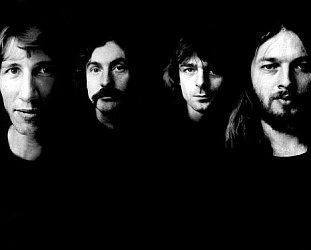
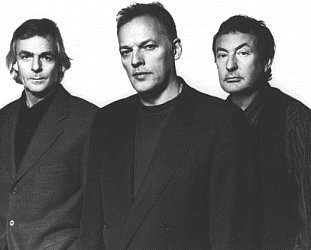
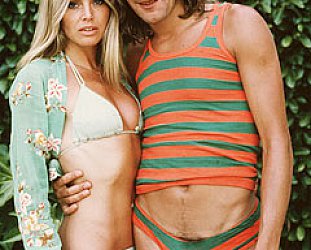

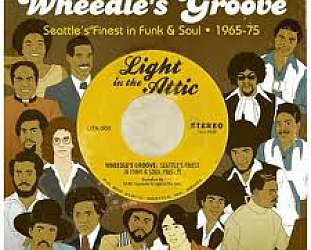
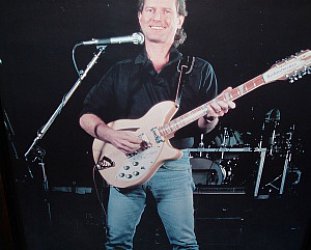
post a comment